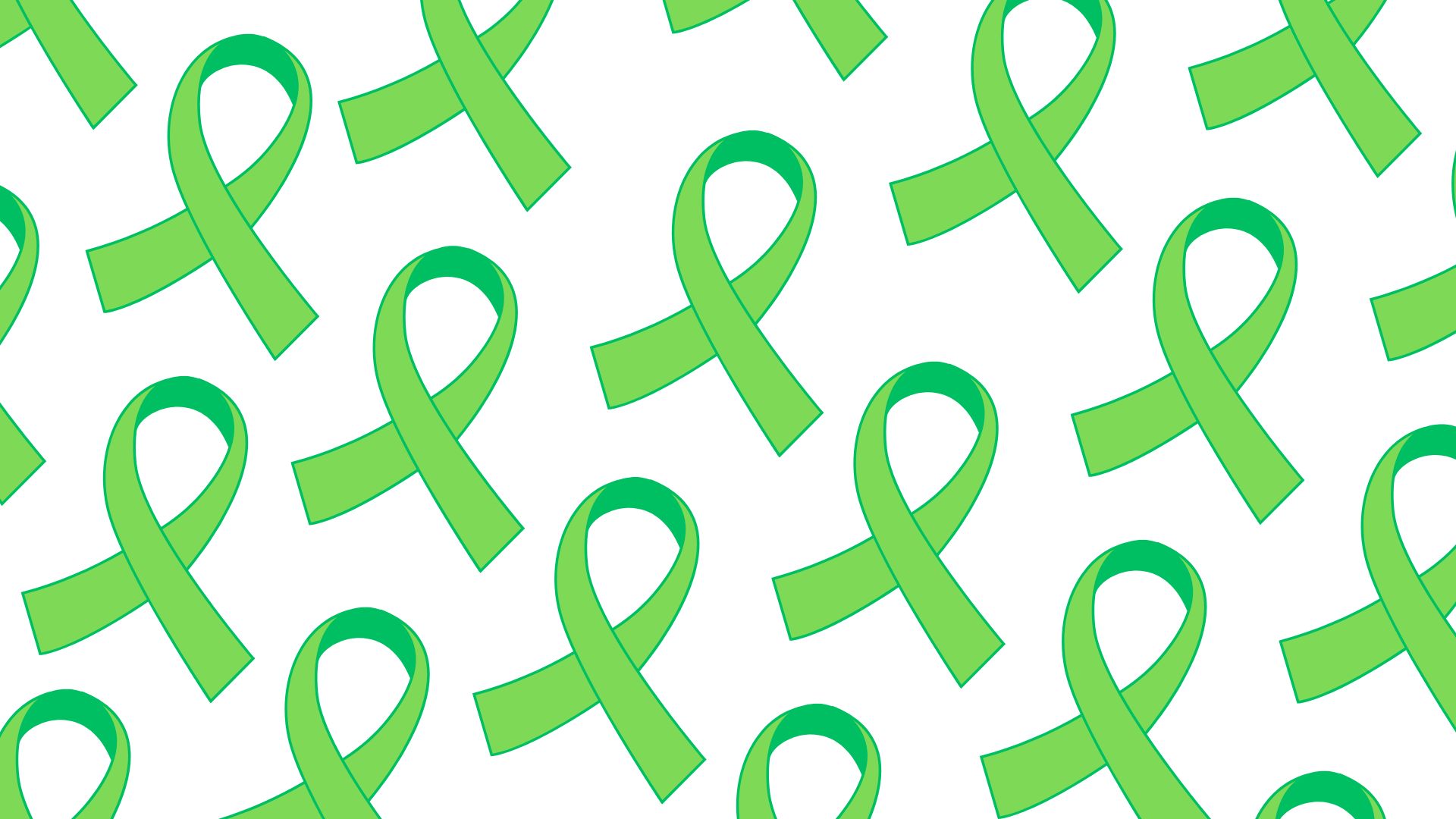Benefits of Family Therapy
by Tatiana Bicknell, LCSW | October 2024
For many families, having a strong connection and relationship with one another is valued. Some families struggle with conflict between one another which creates a stressful home environment. The goal of family therapy is to strengthen these connections by looking at presenting concerns of the family as a whole and working on ways to adjust or change the current system. Some presenting concerns that bring families in for therapy include support on a family member’s mental or medical illness, trauma within the family, or adjusting to a recent change (big move, parent separation, loss of a family member). No matter what brings a family into therapy, they can count on gaining some valuable skills that will improve the family system.
Below are key benefits a family can gain from family therapy:
Understanding and Gaining Insights
How many times have you heard your teen say, “you’re doing this because you hate me!!”? Coming together in family therapy can provide a space for the family to share where they are coming from and how they perceive situations. Sharing perspectives and the emotions the person felt can help with seeing a scenario through a different lens and help the person feel validated. This is a great way to explain why you needed to take your teen’s cell phone away while understanding their anger, your perspective as a parent while validating how it feels for the teen to have it taken away.
Improve communication
As the family hears each other out and gains new insights, the family learns to effectively communicate thoughts, feelings, wants and needs. Lack of communication and violent communication are conflicts within family systems that are very common. Yelling, arguing and blaming one another leads to more conflict and each family member not hearing what the other is saying. Shoreline Therapy Center focuses on non-violent communication in family therapy to increase effective communication and set healthy boundaries. Non-violent communication involves communicating feelings, wants and needs utilizing “I” statements. Please see the “Non-Violent Communication” blog on the Shoreline Therapy Center website to learn more.
Problem-Solving Skills
After seeing things from each other’s perspectives and communicating feelings, wants, and needs, the family can work towards problem solving conflicts. Your teen shares they have a need to stay socially connected through their phone and is upset that it’s taken away. The family and the therapist can brainstorm ways the teen can earn the cellphone back and discuss ways to prevent having it taken away in the future. Problem-solving skills can also be helpful to discuss in family therapy to help the family know what to do during a mental health episode. For example, brainstorming step-by-step for how the parents can help and support their anxious teen.
Strengthen Relationships
A major goal in family therapy is for the family relationship to become stronger. Learning new skills, communicating and understanding one another builds trust and brings each person closer together. It also creates clear parent/child roles and builds healthier boundaries. Family members will feel more comfortable communicating with one another and problem solve together. A healthier family system brings a less stressful home environment and long lasting positive relationships.
Shoreline Therapy Center is committed to helping families come together and become a stronger system. We work with families as a whole and with the individuals through co-facilitated therapy. It is strongly recommended that each family member has their own individual therapist to process family sessions and work on their own individual challenges. If you and your family are seeking therapy, reach out to STC for an intake.












